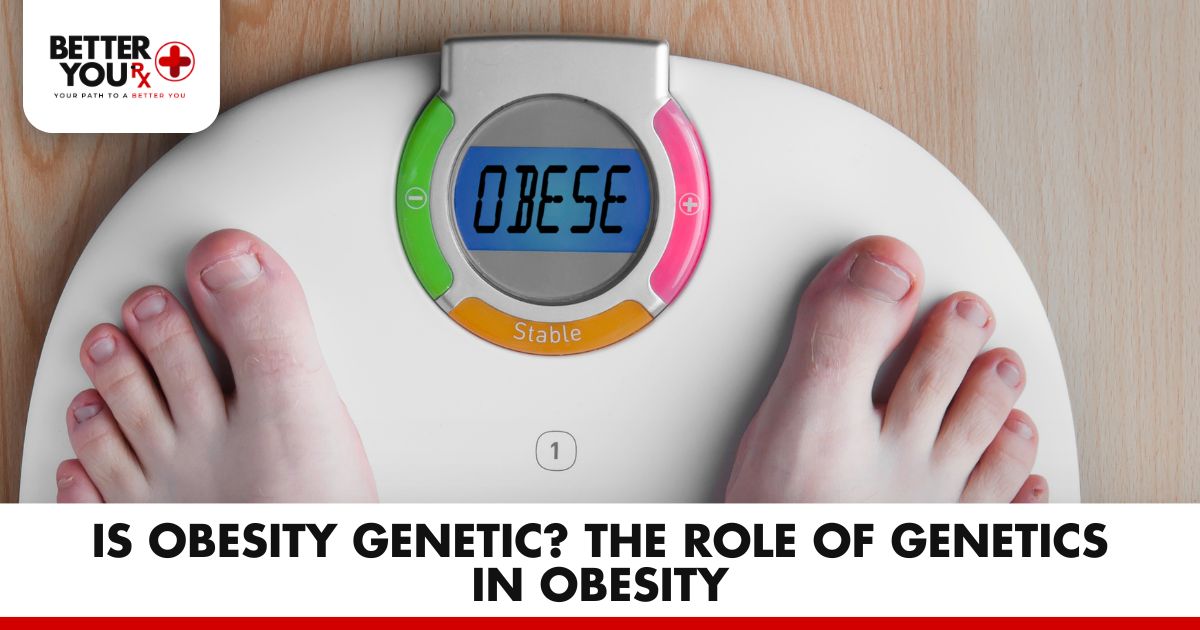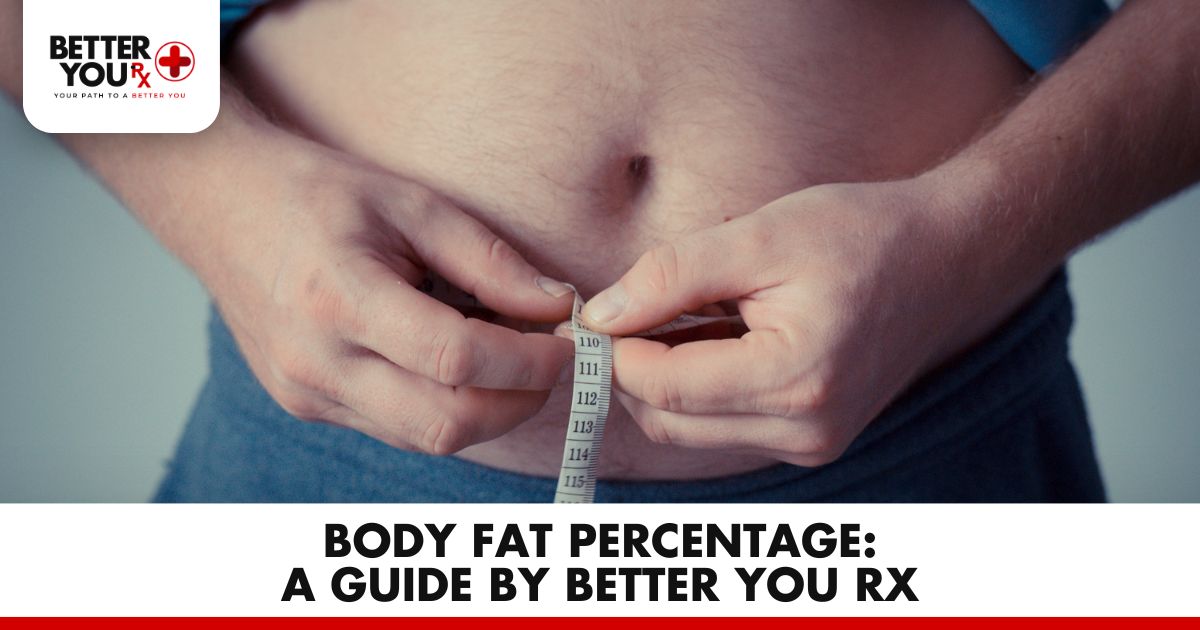Is Obesity Genetic? The Role of Genetics in Obesity
Obesity continues to be a major health concern worldwide, affecting millions of people. While lifestyle factors like diet and physical activity play a significant role in the development of obesity, research suggests that genetics may also contribute to an individual’s susceptibility to the condition. At Better You RX, we believe in providing comprehensive information to help you better understand the complex nature of obesity. In this article, we delve into the genetic link to obesity, explore inherited and syndromic obesity, and discuss other factors contributing to weight regulation. Additionally, we briefly touch upon the Better You RX brand and the convenience of buying medicines from Canada to the US.
The Genetic Link to Obesity
A complex interplay between genetics and environmental factors influences obesity. Twin studies have shown that genetics can account for approximately 40% to 75% of obesity variance. Current research has identified up to 500 genes associated with obesity in humans. These genes impact various aspects, such as fat storage, nutrient metabolism, feelings of fullness, sedentary behavior, hunger levels, and stress-induced eating patterns.
-
How Genetics Influence Obesity
Genes alone do not determine obesity, as evidenced by the rapid rise in obesity prevalence in recent years. However, genetic variations make some individuals more predisposed to weight gain or difficulty losing weight than others. The interaction between genetic factors and environmental influences, like diet and physical activity, contributes to obesity.
-
Genetic Predisposition to Obesity
Not everyone with a genetic predisposition to obesity will develop the condition, nor will everyone without a genetic predisposition be free from obesity. Several factors determine the extent to which genetics contribute to an individual’s weight status. If you have been overweight throughout most of your life, have overweight parents or relatives, and struggle to lose weight despite concerted efforts, genetics may play a significant role in your obesity. In such cases, seeking medical guidance, including potentially using weight loss medications or considering weight loss surgery, may be necessary.
-
The Role of Environmental Factors
While genetics lay the foundation, environmental factors heavily influence the development and severity of obesity. Social determinants of health, including access to affordable, healthy foods, peer and social support, community design, and promotion of physical activity, significantly impact weight regulation. Certain illnesses and medications can also contribute to weight gain. Factors like increased food/calorie intake, decreased physical activity, in-utero exposures, infant feeding practices, obesogenic environments, lack of sleep, and chronic stress can all contribute to obesity.
Inherited and Syndromic Obesity
Inherited obesity, also known as monogenic obesity, is a rare form of obesity caused by specific genetic variations in a single gene. Approximately 24 genes have been identified to cause monogenic obesity, typically characterized by early-onset and severe obesity. These genes control appetite control, food intake, and energy homeostasis. Syndromic obesity is another rare form of obesity that is accompanied by cognitive delay, organ-specific abnormalities, and dysmorphic features. Examples of syndromic obesity include Down syndrome and Bardet-Biedl syndrome, among others.
Thrifty Genes and Evolutionary Adaptation
About 85% of people carry so-called thrifty genes, which were advantageous to our ancestors during food scarcity. These genes enabled individuals to store body fat for survival during periods of limited food availability. However, in today’s environment of abundant food and sedentary lifestyles, these genes can contribute to obesity. While a person’s genes are established at conception, environmental signals can influence the expression of these genes, including those related to weight regulation.
Better You RX and Medicines from Canada
At Better You RX, we understand the importance of comprehensive healthcare management, including treating and preventing obesity-related issues. Our brand is committed to providing our customers with high-quality medicines and healthcare products. As part of our service, we facilitate the purchase of medications from Canada for individuals in the US, ensuring affordability and accessibility to vital medications.
Putting it all Together
While obesity is complex, including genetics, environmental factors also contribute. Learn how to travel with Saxenda & manage weight effectively. Environmental factors, such as diet, physical activity, and social determinants of health, play a significant role in the development and severity of obesity. Understanding the genetic link to obesity can help develop personalized weight management strategies. At Better You RX, we strive to provide comprehensive healthcare solutions, including access to medications from Canada. By considering the genetic and environmental factors associated with obesity, individuals can take proactive steps to achieve better health outcomes.


